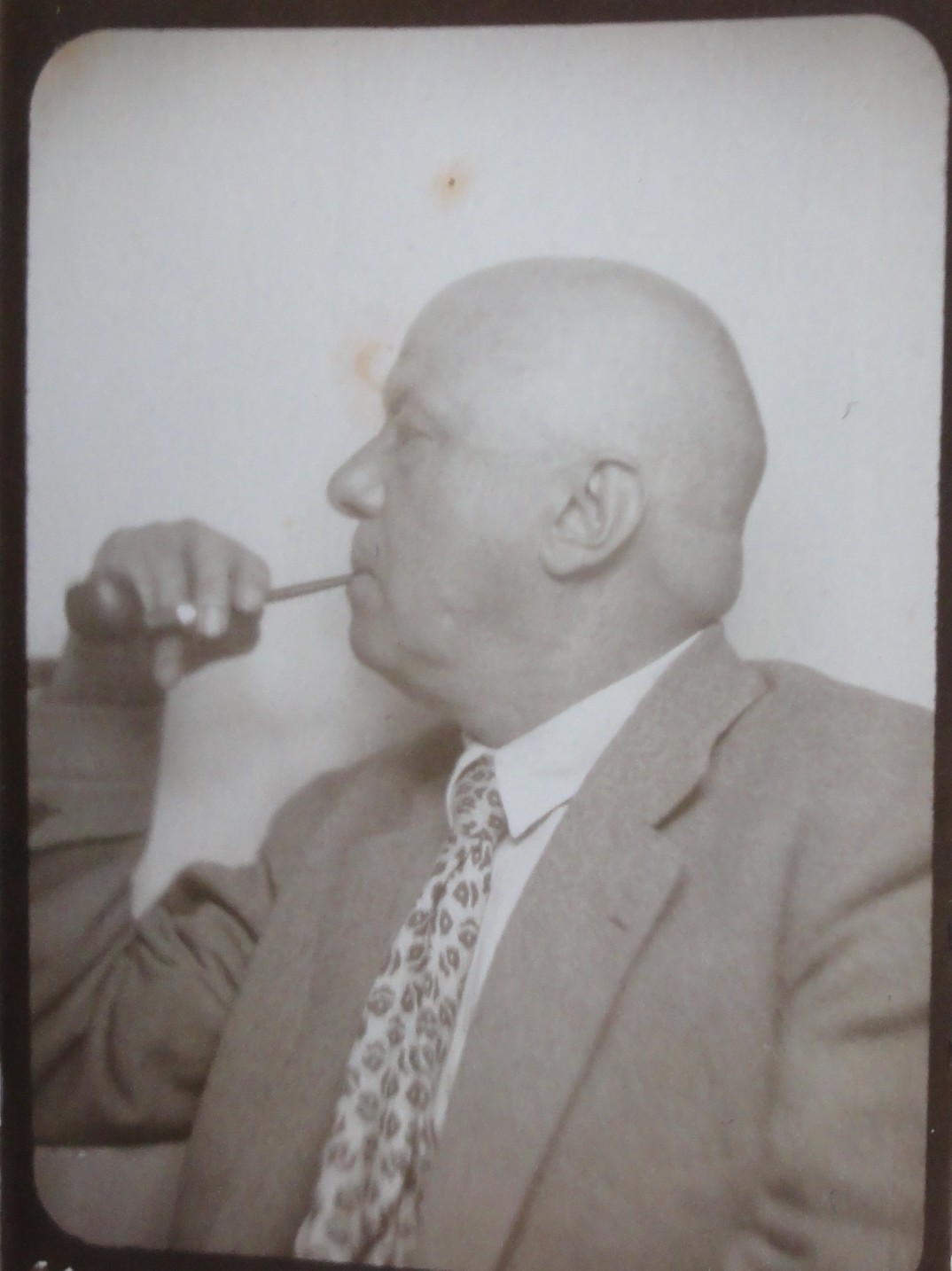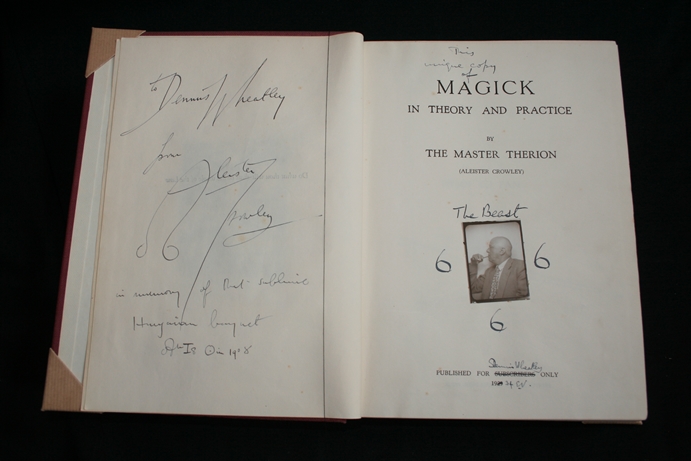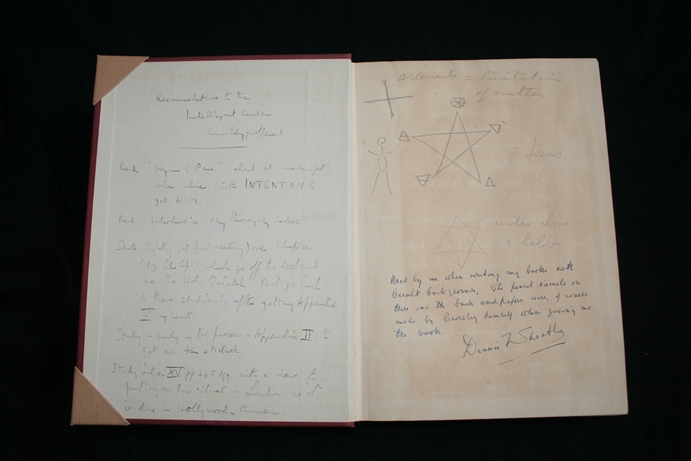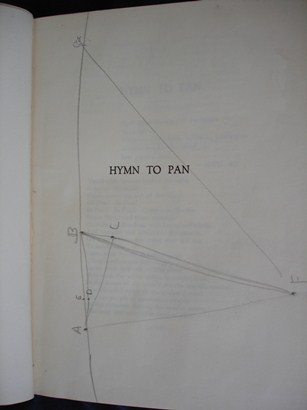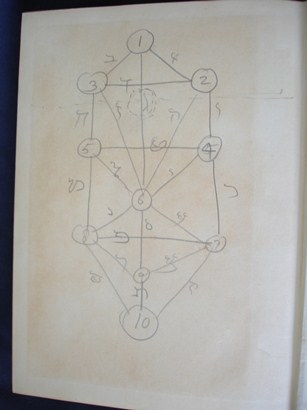When DW talked about the experts he consulted, he always mentioned Crowley first.
Dubbed 'The wickedest man in the world' by the popular press, Crowley (1875-1947) had an eventful life and has been the subject of numerous biographies.
The son of a well to do brewing family, Crowley's parents were members of the ultra-strict Christian sect The Exclusive Brethren, against which he rebelled.
After a private education he went up to Cambridge, where he wrote poetry with sexual undertones and developed an interest in mountaineering - an activity in which he later achieved some distinction, making an attempted ascent of K2.
He became a member of the famous Golden Dawn, and later went on to form his own magical society, the Argenteum Astrum or A.A. In a life full of occult incidents, perhaps the most significant was when in Cairo in 1904 he was addressed by a disembodied voice he later came to know as Aiwass, which identified itself as a messenger of Horus and told Crowley that he was to be the prophet of a new Aeon. The principal tenet of the new era's creed was the now famous dictum " Do what thou wilt shall be the whole of the Law".
In the early 1920s, Crowley achieved notoriety by setting up the'Abbey of Thelema' in northern Sicily, where various scandalous activities reportedly took place. He was expelled from Italy in 1923.
By the time DW met him in May 1934, Crowley was arguably past his prime, and he was pre-occupied with an expensive court case he had taken out for libel, which he was shortly to lose.
Curiously, DW never recounted details of the lunch at which he was presented with his specially inscribed copy of Magick, but he had two favourite stories to tell of Crowley. One concerned a magical ceremony he performed when he was an undergraduate at Cambridge in which he caused the Master of John's to break his ankle; the other concerning the invocation of Pan in a Paris hotel in the days before the First World War.
Wheatley's (or Driberg's) account of both is challenged by Phil Baker.
To read DW's account of the two episodes, click here



